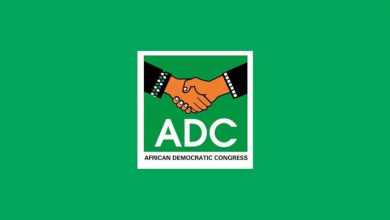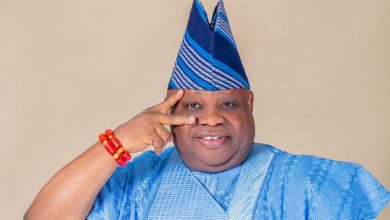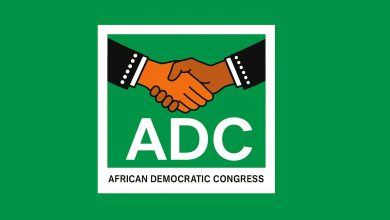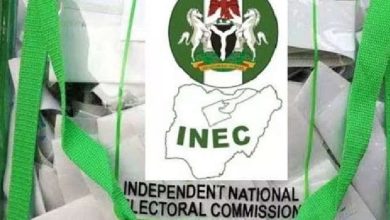APC Candidate Ukachukwu Dares Soludo to Reveal Bank Balances Before and After Assuming Office
APC’s Nicholas Ukachukwu challenges Soludo to reveal bank balance, questioning transparency and leadership integrity.
He contrasts his job creation record with governor’s, urging voters to demand proven economic impact.
The All Progressives Congress (APC) governorship candidate for Anambra State, Prince Dr. Nicholas Ukachukwu, has issued a bold challenge to Governor Charles Chukwuma Soludo, calling on him to publicly disclose his bank account balance from one month before he assumed office and compare it to his current financial status.
Ukachukwu threw down the gauntlet while addressing a crowd of supporters in the buildup to the November 2025 governorship election. He argued that transparency in leadership begins with personal accountability, insisting that Soludo should have no difficulty revealing his financial records if he has nothing to hide.
The APC candidate further raised the stakes, pledging to withdraw from the gubernatorial race if it is proven that the governor’s account balance before taking office amounts to at least one percent of what Soludo earned in the private sector prior to becoming governor.
Ukachukwu accused Soludo of lacking a record of job creation both in the private sector and during his tenure as governor. According to him, the incumbent has never employed people or generated employment opportunities despite years in public service.
In contrast, Ukachukwu touted his own credentials as an employer of labour with a track record of creating jobs across Nigeria. He claimed to have established enterprises that employ not only Nigerians but also expatriates and highly qualified professionals, including professors.
“A man who has never created any employment all his life, even as a governor, is challenging a world-class employer of labour like me,” Ukachukwu said, drawing applause from the audience.
The APC hopeful urged voters to consider candidates’ track records in generating employment and driving economic growth, stressing that leadership should be measured by tangible impact on people’s livelihoods rather than political rhetoric.



